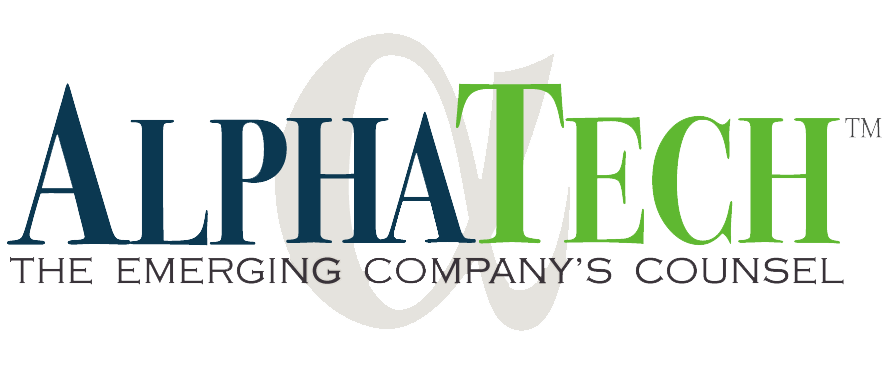Understanding the incorporation process is important for emerging company founders. In this AlphaTakes video, Macy Stoneback describes the incorporation process for a typical emerging technology company. She explains some reasons why it is important to properly complete the incorporation formalities:
- Help ensure limited liability protection
- Avoid delays and expense at the time of financing or sale in fixing matters that were not properly addressed at the time of incorporation
- Set founder expectations
